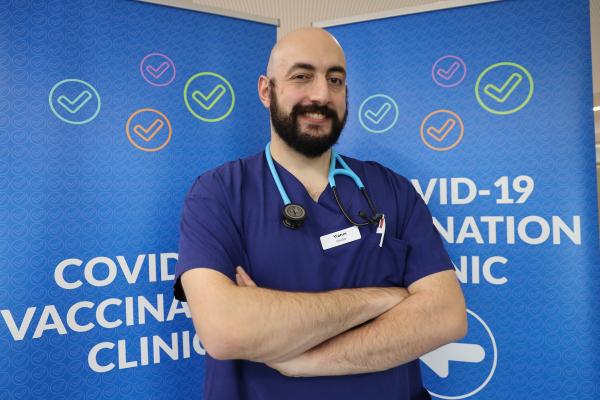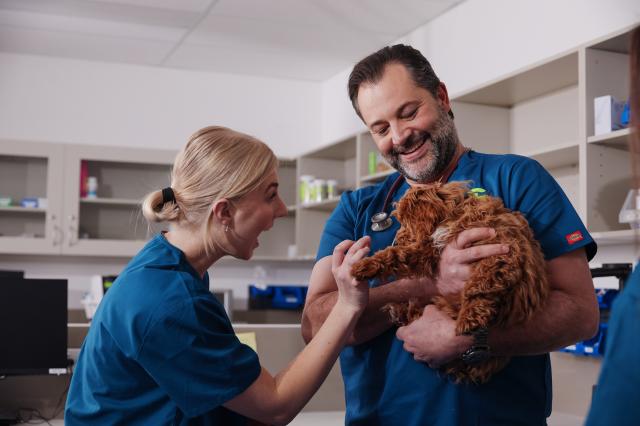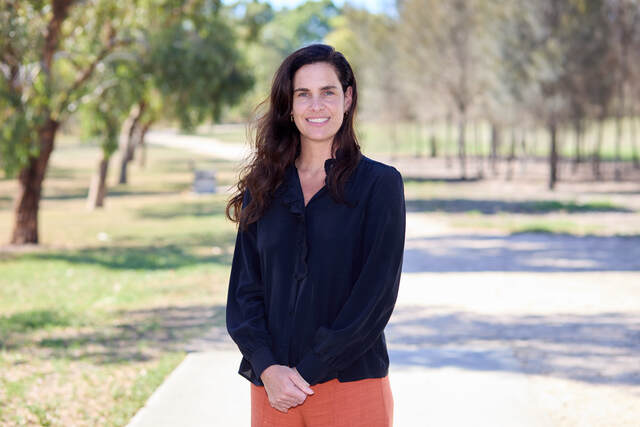A Northern Health doctor who recovered from COVID-19 last year, is encouraging his community to get vaccinated.
Northern Health emergency department registrar Dr Yiannis Efstathiadis had the typical symptoms of the virus when he contracted it- fever, headache, muscle ache, and worsening lethargy.
“By about two weeks in, I started to get the dry, annoying cough and by the third week, I couldn’t look after myself,” Dr Efstathiadis said.
“[At that point] my wife had to call an ambulance for me.”
The 35-year-old was admitted to the COVID-19 ward at Epping’s Northern Hospital. His oxygen levels were at 86 per cent, with no signs of improvement.
“The intensive care team came and said I needed to be intubated,” he said.
“Working in emergency, I had a pretty clear idea where everything was heading.”
Dr Efstathiadis said he was breathing through a tube for three days, and was not able to have any visitors.
He said the “difficult period” did not end once he was out of the ICU.
“After waking up, I had to go to a ward for another couple of days,” he said.
“Then the slow recovery started.
“All my muscles felt so weak and I had no energy.
“It was very hard to do anything.
“With my wife’s help, and once I was allowed out of home, we started going out for short walks.”
Dr Efstathiadis completed four months of physiotherapy to get back to his former strength, and said he feels lucky to have recovered with no long-term consequences.
He said he went on the first day of staff vaccinations in March this year.
“It’s important to get vaccinated and keep our loved ones safe,” Dr Efstathiadis said.
“Even if it wasn’t just for me, if I had given COVID-19 to anyone else last year, especially family, that would be devastating.
“I have older grandparents, so many young cousins and people around me with underlying conditions that I couldn’t even imagine what would happen if they caught the disease.”
Dr Efstathiadis encouraged people to have a conversation with their doctor about receiving the vaccine.
“If you are hesitant, talk to someone about it and make sure you get your advice from healthcare professionals,” he said.
“Talk to people who know what they are talking about.”







